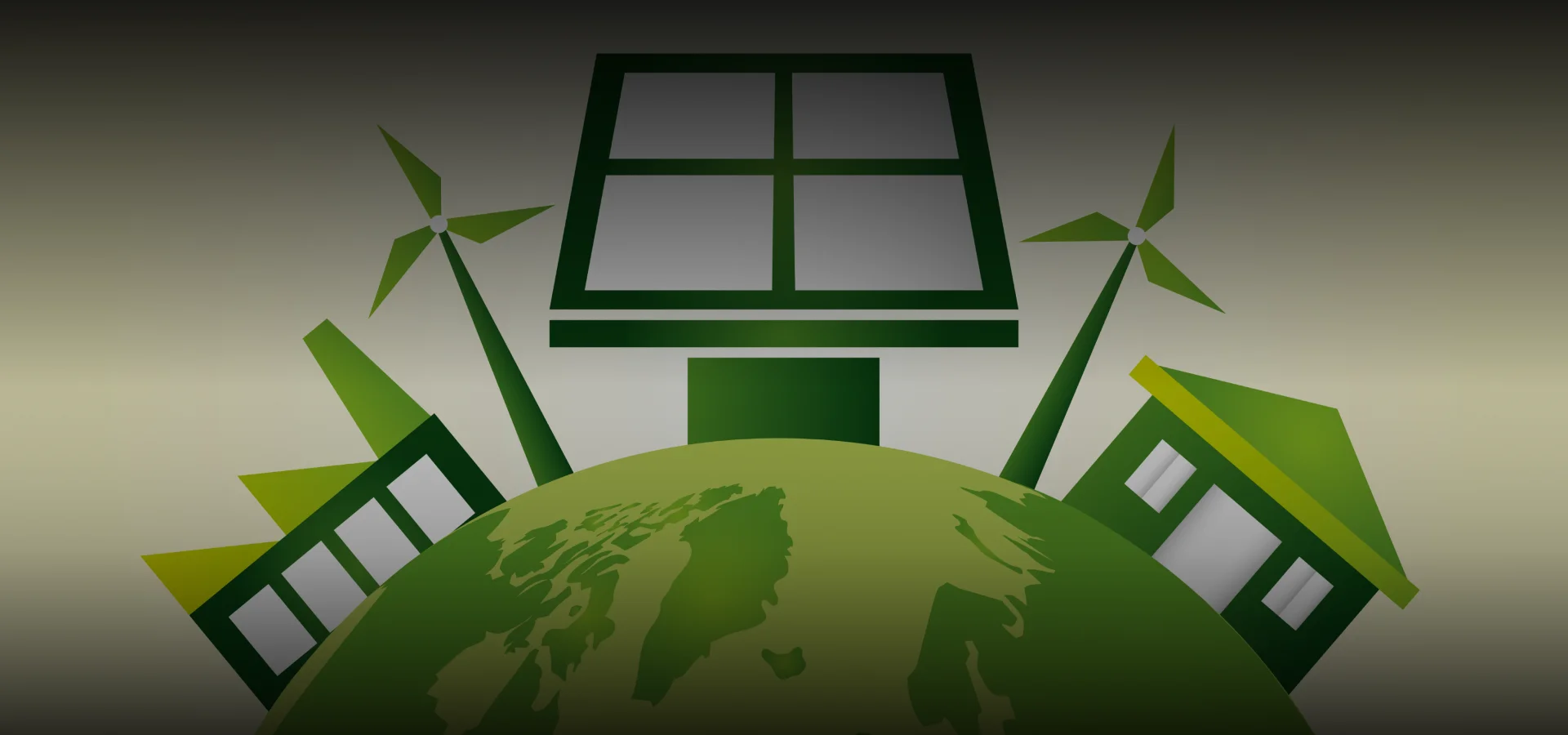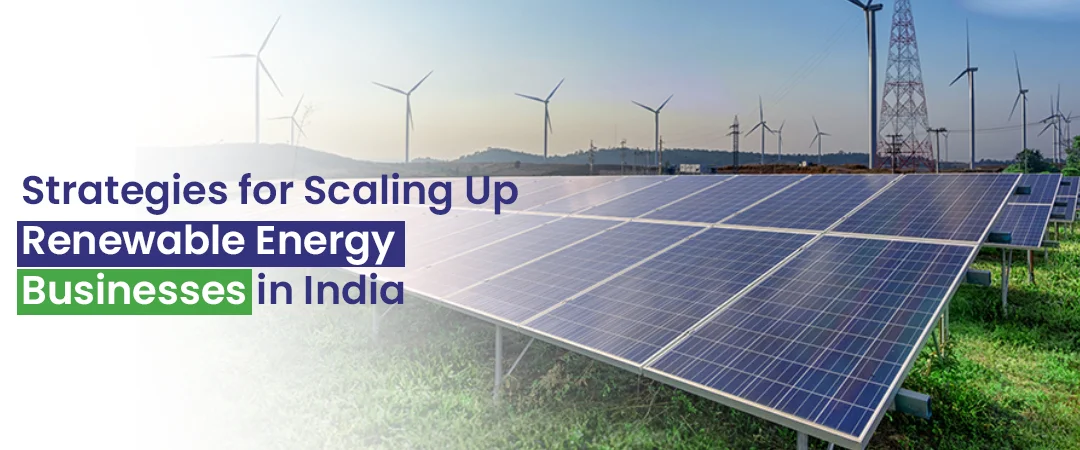
Climate change is real. And we have been seeing it unfold for generations now, sadly without taking due action. Think about instances just from last year. 2023 saw the hottest day ever recorded across the globe, with evidence showing that additional warming is locked in. On the other extreme, there were record floods across Asia, such as the one we witnessed in Himachal Pradesh. As per reports, Asia remains the world’s most disaster-affected region due to weather, climate, and water-related hazards. Storms and floods have hit the hardest.
Celeste Saulo, the secretary general of the World Metrological Organization, recently said that “the climate crisis is the biggest challenge of our generation ” and that “the cost of climate action may seem high, but the cost of inaction is much higher.” If we ponder, this so far has been the very root of all causes.
However, there seems to now be a global consciousness to meet the net zero goals. At COP26, India set a timeline for installing 500 GW of non-fossil fuel capacity by 2030. Along with this target, India set four other targets ―
- India would meet 50% of its energy requirements from renewable energy by 2030
- India would reduce the total projected carbon emissions by one billion tonnes from 2021 till 2030
- India would reduce the carbon intensity of its economy by more than 45% by 2030
- India would achieve the target of net-zero by 2070
Aligning the COP26 goals – A shift towards a renewable future
India is one of the world’s largest energy consumers, and a significant portion of the country’s energy mix, still dominated by fossil fuels, particularly coal, contributes to high carbon emissions, posing a challenge to the country’s climate goals. However, in the past few years, India has made considerable strides here, increasing its renewable energy capacity, particularly in solar and wind power. India has added a record renewable energy capacity of 18.48 GW in 2023-24, which is over 21 percent higher than 15.27 GW a year ago, according to the latest data from the Ministry of New & Renewable Energy.
The Indian government has implemented several policies and initiatives to promote renewable energy development. For example, the National Solar Mission aimed to establish India as a global leader in solar energy by installing 100 GW of solar power by 2022. Although the target was ambitious, it has spurred significant investments and technological advancements in the sector. Additionally, the government has introduced various incentives, such as subsidies, tax benefits, and low-interest loans, to encourage the adoption of renewable energy. The recent National Green Hydrogen Mission and the push for electric vehicles are also crucial components of India’s strategy to reduce dependence on fossil fuels and lower carbon emissions.
Going forward, an increase in public-private partnerships in the energy sector will help to provide the requisite power resources and infrastructure to establish a conducive environment for newer projects. Along with private companies, the government can invest in manpower development programmes to provide skilled manpower for the renewable energy sector. This way, there will be an easily available reservoir of trained manpower to implement these projects effectively. Along with it, engaging with overseas companies will help facilitate technology transfer and knowledge in advanced solar panel manufacturing, efficient wind turbine design, etc. and help India move faster towards cleaner technologies.
Moreover, to reduce the likelihood of failure, there is a need to critically assess the planning and implementation of renewable projects. Like in other major government programmes, the projects require a well-defined goal, reasonable time lines, adequate resources, and a regulatory structure that facilitates and encourages. But for successful implementation, the required manpower skills in the workforce and capacity in the supply chain are crucial. Industry and other relevant stakeholders should be involved to identify any other major dependencies and change-blocking factors. A “whole systems approach” that is collaborative between the government and various sectors is necessary to look at the bigger picture
Technological Advancements and Socio-Economic Benefits
Technological innovation is a driving force behind the growth of renewable energy in India. Advances in solar photovoltaic (PV) technology, such as more efficient solar cells and cost-effective manufacturing processes, have made solar power crossing grid parity and has become the power of choice as compared to traditional energy sources. Similarly, improvements in wind turbine design and offshore wind technology are expanding the potential for wind energy. Energy storage technologies, including batteries and pumped hydroelectric storage, are also crucial in addressing the intermittency of renewable energy sources, ensuring a stable and reliable power supply. Furthermore, the development of smart grids and digital technologies is enhancing the efficiency and integration of renewable energy into the national grid.
The road to net-zero emissions in India doesn’t require herculean efforts. We can get there by wholeheartedly adopting renewables, investing in innovation and technology, and promoting public-private partnerships to build a better, cleaner, and more sustainable India for generations to come. This will need a multi-pronged strategy that looks not only at generation but also its storage, transmission, and seamless integration into the conventional grid. Efficiency in projects, a culture of constant innovation, and a talented workforce will surely make India’s renewable energy programme reach its true potential and make the country a global leader in this new, exciting phase of the clean energy transition.
This was featured in the PV Magazine on May 29,2024










